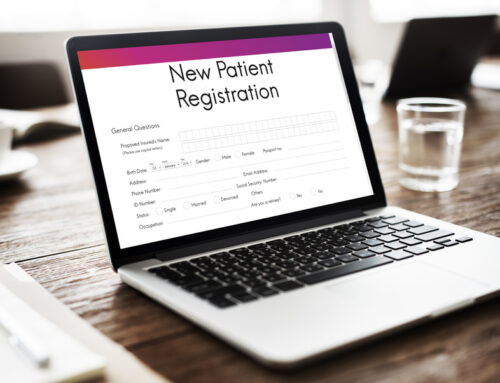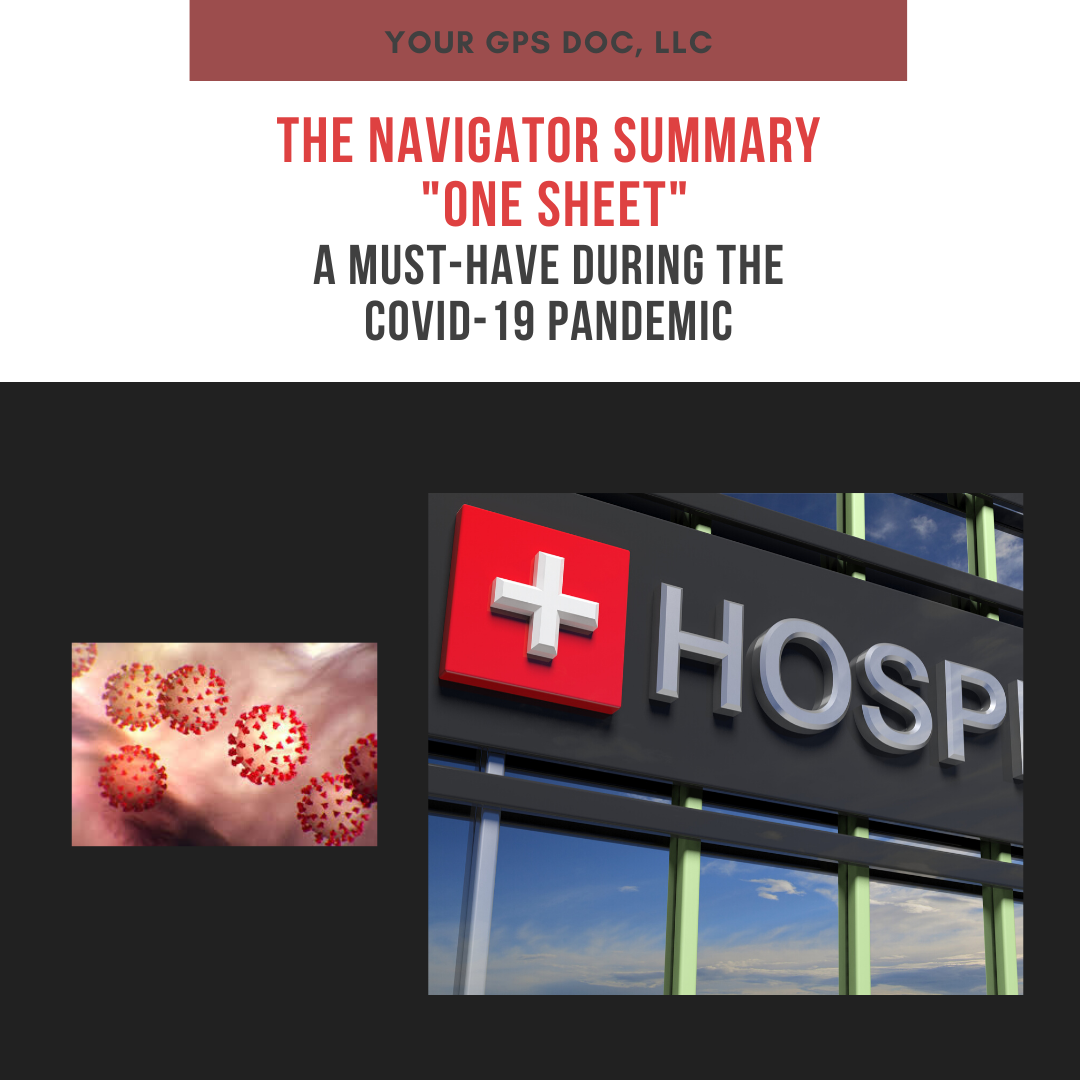(updated 8/7/20)
My rising junior moves into her off-campus apartment in 2 weeks. I have been reflecting on her first move-in day two years ago. Like most freshmen parents, we had spent a lot of time shopping for twin XL sheets, storage bins, a micro-fridge, and various other items to furnish her room away from home. These are important elements of college preparation. However, as a doctor-mom, I know there is a critical element of this transition that most college-bound students and their parents ignore. When students go off to college, they will be responsible for managing their health and navigating the healthcare system independently for the first time.
When students go off to college, they will be responsible for managing their health and navigating the healthcare system independently for the first time. Share on X
If you’re not shaking in your boots this should, at a minimum, trigger some element of concern. For 17-18 years you have purchased over-the-counter medications when they were sick, scheduled their annual check-ups, called the doctor’s office for medical advice, provided the majority of the information during office visits, filled their prescriptions, and paid the medical bills. They will no longer have the comfort of their trusted pediatrician, nor will they have the benefit of your physical presence and watchful eyes.
As if that isn’t worrisome enough, we are in the midst of a global coronavirus pandemic.
In addition to physical distancing, wearing masks, and adhering to the other CDC guidelines to keep them safe, they will have to navigate the healthcare system on their own and most of them are clueless. It’s not their fault. In some ways, the system is designed to keep us ignorant. However, all of us have a responsibility to improve our health literacy and there’s no better time than the present. They don’t teach this in high school, but they should.
When my oldest daughter went away to college she got sick within the first couple of months. Even before COVID-19, this was a very common occurence due to the proximity of the students and the living arrangements, poor eating habits, stress, and sleep deficits. I can’t imagine what it will be like this fall as we continue to grapple with a rise in coronavirus cases across the country.
In addition, two million adolescents have a chronic illness. When these students go off to college, they must be diligent about taking their medications and managing their health while keeping up with the academic and social demands of being a college student.
There are a LOT of things college-bound students and their parents need to know about health and health care, but in my opinion, these three are the most important.

-
Health Insurance Coverage
Most college students are covered under one of their parent’s employer-sponsored health insurance plans. If you’re feeling confident that your student is adequately covered by your health insurance plan while they are away at college, you may be in for a rude awakening. If you’re feeling confident that your student is adequately covered by your health insurance plan while they are away at college, you may be in for a rude awakening. Share on X
Depending on the type of health insurance plan you have (HMO, PPO, etc.), your student may have no out-of-state coverage except for emergencies. (For more information about health insurance terms, check out “5 Things You Absolutely MUST Understand About Your Health Insurance). If you’re lucky enough to have out-of-state coverage, the doctors and facilities will likely be out-of-network, which means you will be responsible for a larger portion of the bill. Many parents of college students find themselves struggling to pay unexpected medical bills during a time when they are already financially strapped due to tuition, room and board, and the myriad of other costs associated with attending college.
College administrators know that students will potentially avoid seeking medical care if they don’t have adequate health insurance. As a result, many schools require that students have a plan that provides full coverage in the college town. To facilitate this, many schools offer their own health insurance plans (through a third party) and will automatically add the cost of this plan to the tuition bill. To remove this cost, they will require that you complete a waiver, certifying that your insurance plan meets the school’s pre-determined criteria. If your plan is deemed inadequate, you may be forced to purchase a student health insurance plan, which can cost you an additional $2000-$3000/year. (Yes, you read that correctly.) Make sure you review your health insurance plan to ensure your college student will be covered for medical services received out-of-state.
Make sure you review your health insurance plan to ensure your college student will be covered for medical services received out-of-state. Share on X

-
How to Communicate with Doctors
College freshmen (as well as sophomores, juniors, and seniors) have had limited opportunities to practice effective communication in healthcare settings. Beginning with the pre-teen years, parents are (hopefully) asked to step out of the room for part of the visit. However, this confidential session is focused on asking a few specific questions about risky habits (smoking, drinking, drugs, sex) and a “yes/no” response is often the extent of the teen’s participation.
As a pediatrician and the parent of two young adults, I can attest to the fact that today’s youth have challenges related to verbal communication due to their heavy reliance on texting and other forms of electronic communication. This can be a recipe for disaster when they find themselves in an Urgent Care Center or Emergency Room trying to explain their symptoms to a healthcare professional.
In medical school, doctors are taught that “the history is everything”. This mantra emphasizes the fact that, despite fancy laboratory tests and CT scans, the key to a patient’s diagnosis is typically in the information they provide. It is imperative that college students learn how to communicate with doctors and other members of the healthcare team confidently and effectively. They need to know their personal medical history (including conditions they may have had in early childhood that have resolved), as well as their family history, the medications they take, allergies, and prior surgeries. It is imperative that college students learn how to communicate with doctors and other members of the healthcare team confidently and effectively. Share on X

-
Mental Health Services
Consider these statistics: According to the National Alliance on Mental Illness (NAMI), seventy-five percent of lifetime cases of mental illness begin by age 24. More than twenty-five percent of college students have been diagnosed or treated for a mental health condition within the past year. A 2013 study of one hundred fifty-seven 4-year colleges revealed that suicide was the second leading cause of death among college students in a single academic year. NAMI’s College Students Speak National Survey revealed that sixty-four percent of students who dropped out of college did so because of mental health concerns. Lastly, forty percent of college students with mental health conditions reported not accessing mental health services and supports at their school.
An increasing number of college students are dealing with anxiety, depression, and other mental illnesses. An increasing number of college students are dealing with anxiety, depression, and other mental illnesses. Share on X During the last few months as we have dealt with the social isolation of being in quarantine, we know that the mental health of college students has been negatively impacted. Unfortunately, many suffer in silence and do not seek help. Some students are not aware of the services provided by their college or university. Some fear the stigma attached to mental illness and the risk of being labeled. Other students feel they can get through it on their own or they are just so overwhelmed with academic responsibilities that they don’t take the time to address their mental health.
Most colleges have counseling services available to enrolled students. Depending on the severity of the condition and whether medications are needed, some students will need to connect with a licensed mental health provider off campus. Parents and students need to educate themselves about the signs of mental illness. Parents need to have open and honest discussions with their college student about their mental health and the importance of reaching out if they experience any of these signs. Spend some time on the college website exploring the mental health services available on and off campus. For those students who have a current diagnosis, be sure to schedule a visit with their mental health provider during the summer to make plans for this transition, which may include establishing a relationship with a new provider near their college.
College is a wonderful time of exploration, growth, and learning, but there are challenges associated with acute illnesses, managing chronic physical and mental health conditions, and navigating the healthcare system for which students and parents are ill-prepared. These challenges will be worsened by the current coronavirus pandemic. This article discusses three important issues all college-bound students and parents need to consider. For a more complete guide with comprehensive information, tons of useful tips, and a host of resources, including a printable Healthcare Navigator™ Summary to record your child’s medical history, medications, allergies, and contact information for healthcare providers, check out my Amazon best-selling book, Healthcare Navigation 101: a Guide for College-Bound Students (and Parents!).
If you’d like a safe space where you will get accurate information about keeping your college student safe while connecting with fellow college parents, I invite you to learn more about our brand new, exclusive online college parent community, The Nurturing Navigators.








Leave A Comment